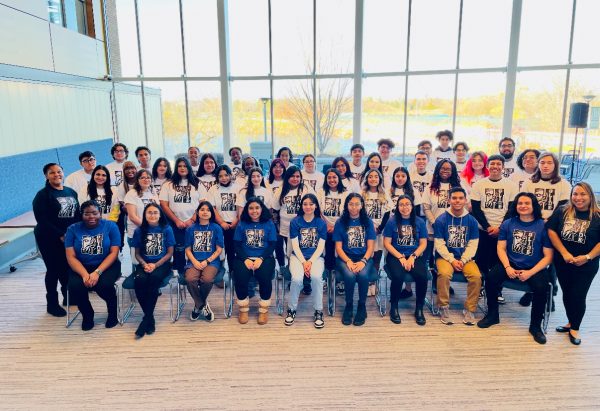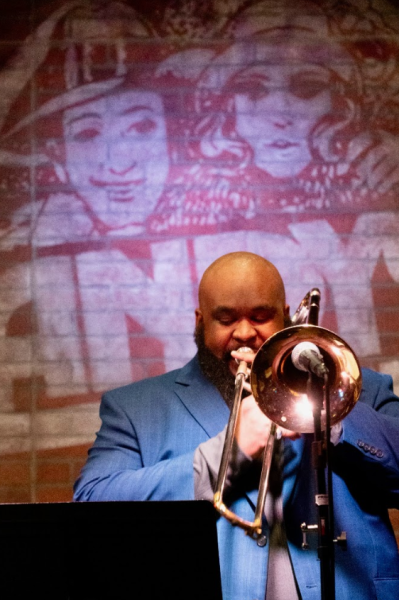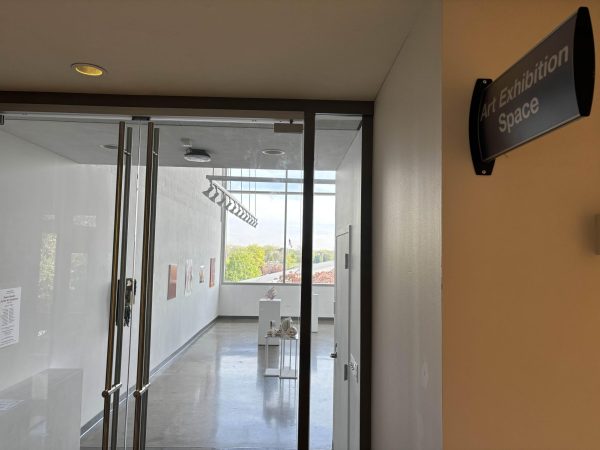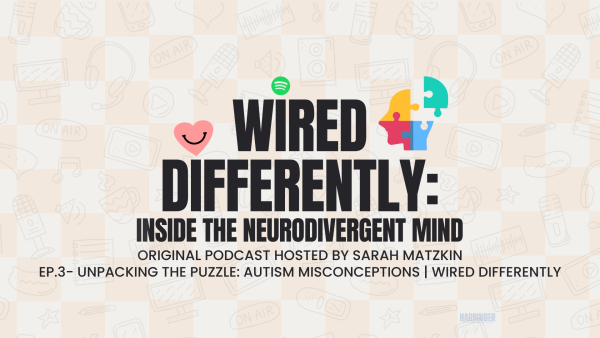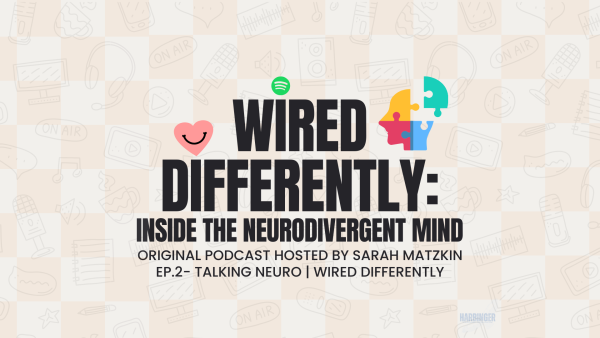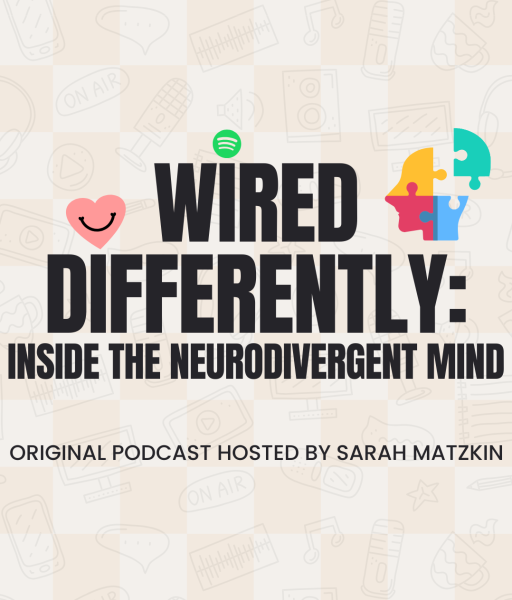‘Music’ film does more harm than good to the autistic community
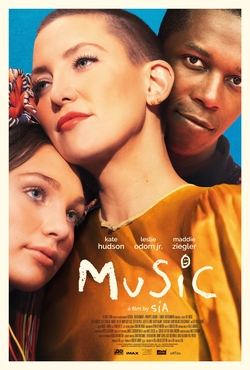
Movie poster for Music, a musical drama film by Sia. Photo courtesy of Wikipedia.
If I had to pick just one of the many things I took away from 2020’s surge of global activism, it would be this: if members of a marginalized group tell you that you are being offensive, you should stop, listen and think.
Whether you engage in offensive behavior inadvertently, through microaggressions, or in complete ignorance, it’s always the best path to consider the impact on the marginalized group, take responsibility, and change your actions.
You know who completely missed this important lesson? Australian singer-songwriter and “Music” director Sia Furler.
On Feb. 10, Furler’s film “Music” will be released in the U.S. The film centers around a nonverbal autistic girl named Music and her half-sister Zu, who becomes Music’s sole guardian during the movie.
At a first glance of the plot, this seems like a pretty harmless, wholesome film. The issue, however, is that Furler hired Maddie Ziegler, a neurotypical actress, to play the role of Music. This not only excludes an entire body of autistic actors and actresses who would be happy to play the role, but it also creates a false representation of what autism really is, which adds to the many stereotypes of autism that already exist.
After receiving backlash for hiring Ziegler, Furler refused to listen and apologize. Instead, she got defensive on Twitter, essentially shutting out what the autistic community had to say despite claiming to have “good intentions” in making the movie. Rather than getting defensive when receiving criticism for an action that many consider offensive, one should listen, apologize and do better.
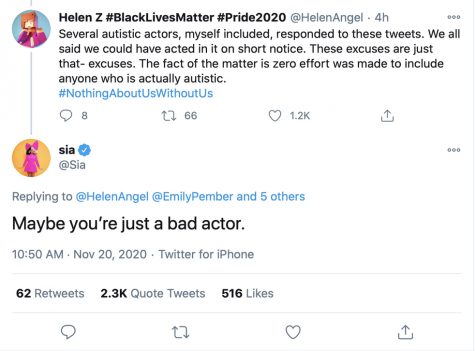
In addition to getting defensive, Furler claimed to have originally hired a nonverbal autistic girl who found the filming environment too stressful, so she picked Ziegler instead.
The hypocrisy in this whole situation blows my mind. Furler claims to be doing good for the autistic community, and yet she refused to accommodate the autistic actress she was working with. She could have changed the settings to fit the actress’s needs. She could have hired another autistic actress. She had many options, but she gave up.
Furler also claimed that using Ziegler felt “more compassionate.” I don’t see how that is compassionate to anyone. That actress felt uncomfortable with the environment, and Furler just decided to give up on her and hire Ziegler instead. Even if the actress truly didn’t want the role anymore, it would have been more compassionate to the autistic community as a whole to search for another autistic actress to fill the spot.
Some people argue that it doesn’t matter if a neurotypical plays the part of a neurodivergent person because they’re “just acting.” The flaw of this argument is that it fails to consider that an unauthentic portrayal of a condition leads to a misrepresentation of what that condition actually looks like. Paige Layle, an autistic TikToker and YouTuber, elaborates on this in a YouTube video explaining her opinion on Music at 3:48
“You can’t act autistic without making it look like a mockery,” Layle said.
I can already tell that “Music” is going to come off as a cringey mockery of autistic people just based on the trailer. Ziegler’s facial expressions, body language and style of walking all looked unauthentic. Plus, there were many clips featuring bright, flashy colors and loud music — both of which bother many autistic people. No wonder the first actress Furler worked with felt uncomfortable.
I want to see complex, dynamic autistic characters in movies and TV shows who challenge common stereotypes and celebrate the unique differences that all autistic people have. This is only possible if autistic actors are given the roles they deserve, and that starts with whole-heartedly listening to the autistic community.

Adriana writes feature stories, news stories and editorials for The Harbinger.




